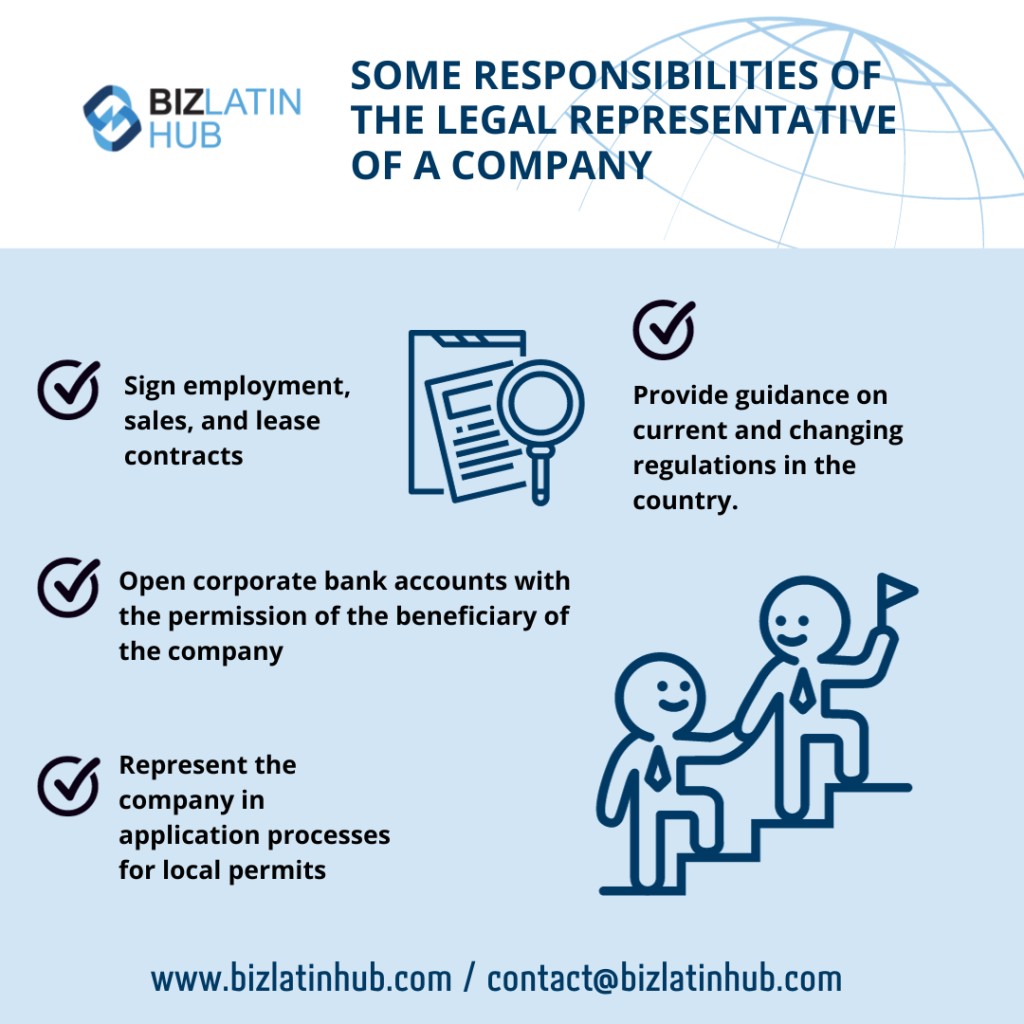It is essential to know the steps to liquidate a company in New Zealand if business operations are not playing out as planned in these challenging economic times. Sometimes, the most beneficial action to take is to close company operations to avoid accumulating further expenses. This makes liquidation a viable option for executives when reorganization or further capital injections are not feasible after company formation in New Zealand.
Key Takeaways:
| Steps to liquidate a company in New Zealand | 1. Decision and method to liquidate 2. Appoint a liquidator 3. Notify Companies Office 4. Undertake administrative liquidation procedures 5. Final report |
| Time generally needed | It should take approximately a year to liquidate a company in New Zealand, if everything is in order. |
| Reasons to liquidate a company in New Zealand | These vary, but the key point is to stay compliant and in good standing with the authorities. |
| Involuntary liquidation | This can be triggered by not complying with legal responsibilities under the law. |
5 Steps to liquidate a company in New Zealand
These are the five basic steps you need to go through when you liquidate a company in New Zealand:
- 1. Decision and method to liquidate
- 2. Appoint a liquidator
- 3. Notify Companies Office
- 4. Undertake administrative liquidation procedures
- 5. Final report
1. Decision and method to liquidate
A business can go into liquidation through several methods:
- Voluntary liquidation
- Solvent liquidation
- Court-ordered liquidation
- Receivership.
The liquidation takes immediate effect. The business must close, and its listing is removed from the Companies Office Register.
2. Appoint a liquidator
A liquidator can be appointed by court order, shareholder meeting, or by resolution of a company’s creditors at a ‘watershed meeting’. These meetings are for creditors to decide upon the future of the business.
The appointed liquidator is responsible for managing the company’s unsecured assets, and must freeze them. They must then sell these assets to repay debts owed to creditors and shareholders.
The liquidator must also review the company’s financial situation and identify the issue(s) leading to its liquidation. If necessary, the liquidator must investigate offences made by the company or director(s).
The liquidator may need to hold a creditors’ meeting in order to:
- Gather information about the company
- Allow creditors to raise and discuss issues related to the company’s liquidation
- Identify any additional assets.
The liquidator may communicate with shareholders, current and former employees, accountants, auditors, and other parties involved in establishing or managing the company.
Finally, the liquidator must produce regular reports regarding the activities and outcomes of the liquidation for creditors and shareholders, and file these reports with the Companies Office.
Replacing a liquidator
Note that companies may replace a liquidator, if necessary, through a creditor’s meeting.
3. Notify Companies Office
The liquidator must notify the Companies Office of the liquidation, and advertise it publicly. This is to notify third parties of the ‘winding up’ and intent to liquidate the company in New Zealand. This advertisement is published in the New Zealand Gazette.
After this public notice, the company must wait 20 working days to allow any objections to the removal of the company filed.
4. Undertake administrative liquidation procedures
Once the company has given sufficient notice of its intent to liquidate, it can begin formal liquidation procedures. This is carried out by the liquidator, and includes:
- closing the business,
- selling any relevant company assets
- communicating with and receiving claims from creditors
- preparing and sending regular reports to creditors and other relevant parties
- investigating discrepancies, possible offences or irregular transactions
- making necessary payments to creditors (dividends).
5. Final report
When liquidating a company in New Zealand, the liquidator must prepare a final report and file it with the government. This final report should include a brief description of the activities and outcomes of the liquidation.

The role of a Director during liquidation in New Zealand

Directors are required to complete a Statement of Affairs, which must include:
- A description of the company’s history
- Details of the cause of the company’s failure
- Trading details
- Any legal claims by or against the company
- All company assets and company liabilities
- All shareholder information
Business directors are required to help the liquidator locating its business records and assets. Furthermore, they help to answer all the questions about the firm and its way of doing business.
Under New Zealand law, it is illegal for a director to destroy, hide or remove property, records or other company documents. Consequences for doing so can be fines and imprisonment.
FAQs for liquidating an entity in New Zealand
Based on our extensive experience these are the common questions we receive from clients about liquidating an entity in New Zealand.
1. What is the process of liquidation in New Zealand?
- 1. Decision and method to liquidate
- 2. Appoint a liquidator
- 3. Notify Companies Office
- 4. Undertake administrative liquidation procedures
- 5. Final report
2. How long does it take to liquidate a company in New Zealand?
The liquidation process will normally take between 10 and 14 months, assuming the entity is in good standing and no rectification work is required.
3. What are the reasons to liquidate a company in New Zealand?
There are a number of reasons you may do so, such as the venture becoming unworkable, a change in laws or simple failure in the relevant markets. You may wish to close one business in order to start another or you may want to leave the country for other reasons. For whatever reason you eventually decide to liquidate a company in New Zealand, it is best to do so in accordance with the law.
4. Can you be forced to liquidate a company in New Zealand?
Yes, under certain circumstances.

Liquidate your company in New Zealand with Biz Latin Hub
When your business plan is not working out as you expected, or if current commercial conditions make it too dfficult to cntinue operating, then liquidation may be the best choice for you.
Liquidating a business is an extensive legal procedure, which can be very complex. Therefore, it is essential to use a knowledgeable lawyer in New Zealand who can guide you through voluntary or court liquidation procedures, as well as offering advice on the next steps to exit the market.
At Biz Latin Hub, our team of multilingual local lawyers and professionals have vast experience with liquidation procedures and building comprehensive market exit strategies in New Zealand. We support you with tailor-made business solutions in regard to legal services, hiring and recruitment, payroll management, visa procedures, accounting and taxation, due diligence, and others.
Reach out to our team of local experts for advice and comprehensive support to liquidate your business in New Zealand. Contact us now at contact@bizlatinhub.com to get personalized assistance for your business management.
Learn more about our team and expert authors.






